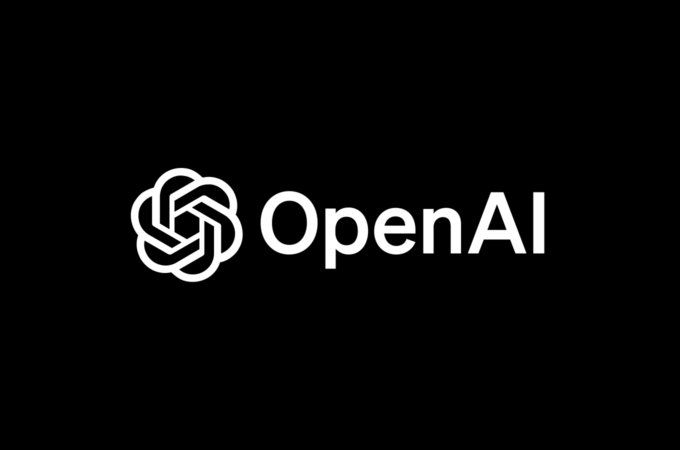
Senators Propose COPIED Act to Combat AI Deepfakes and Protect Content Creators
A bipartisan group of U.S. senators has introduced new legislation aimed at addressing the growing concerns surrounding artificial intelligence-generated content and its impact on creators and journalists. The Content Origin Protection and Integrity from Edited and Deepfaked Media Act (COPIED Act), introduced by Senators Maria Cantwell (D-Wash.), Marsha Blackburn (R-Tenn.), and Martin Heinrich (D-N.M.), seeks to establish transparency standards and protect content creators from unauthorized use of their work in AI systems.
The COPIED Act proposes several key measures to combat the rise of deepfakes and safeguard the rights of content creators:
- Watermarking and Content Authentication: The bill directs the National Institute of Standards and Technology (NIST) to develop guidelines for content provenance information, watermarking, and synthetic content detection. This would make it easier to identify AI-generated content and trace its origin.
- Creator Control: AI tool providers would be required to allow content owners to attach provenance information to their work, prohibiting its removal. This measure aims to give journalists, artists, and other creators more control over how their content is used.
- Training Restrictions: The bill prohibits the unauthorized use of content with provenance information to train AI models or generate new AI content without the creator’s consent.
- Legal Recourse: Content owners, including newspapers, broadcasters, and artists, would have the right to sue platforms or entities that use their content without permission or tamper with authentication markers.
- Enforcement: The Federal Trade Commission (FTC) and state attorneys general would be authorized to enforce the bill’s requirements.
Senator Cantwell emphasized the importance of transparency in AI-generated content, stating, “The COPIED Act will provide much-needed transparency around AI-generated content and put creators back in control of their content with a provenance and watermark process.”
The proposed legislation has garnered support from various industry groups, including SAG-AFTRA, the Recording Industry Association of America (RIAA), and the National Association of Broadcasters (NAB). These organizations view the bill as a crucial step in protecting their members’ work and intellectual property rights in the age of AI.
As AI technology continues to advance rapidly, lawmakers are grappling with its implications across various sectors. The COPIED Act represents one of several recent legislative efforts to address AI-related challenges, joining other proposals such as the Generative AI Copyright Disclosure Act introduced earlier this year.
While the bill’s proponents argue that it will help combat deception and protect creators’ rights, its passage and implementation will likely face scrutiny from tech companies and AI developers. As the debate over AI regulation continues, the COPIED Act marks a significant step in the ongoing effort to balance innovation with protection for content creators in the digital age.





